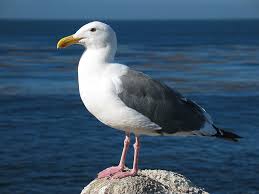My Childhood
1/17
Earn XP
Description and Tags
An Excerpt from Wings of Fire
Name | Mastery | Learn | Test | Matching | Spaced | Call with Kai |
|---|
No analytics yet
Send a link to your students to track their progress
18 Terms
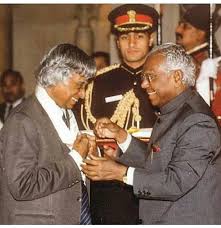
Where was Dr. A.P.J. Abdul Kalam born?
In Rameswaram, Tamil Nadu (then Madras State), into a middle-class Tamil Muslim family.
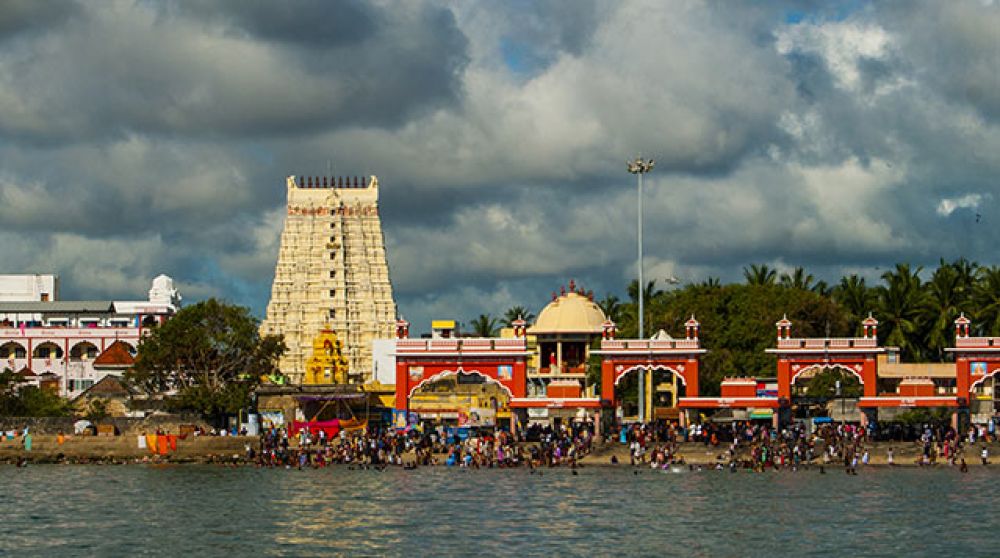
What were the qualities of Kalam's father, Jainulabdeen?
He had no formal education or wealth but possessed great wisdom and generosity.
What was Kalam’s mother Ashiamma known for?
Her kindness and generosity—she fed many outsiders daily.
How was Kalam’s childhood home described?
A large pucca house made of limestone and brick, located on Mosque Street in Rameswaram.
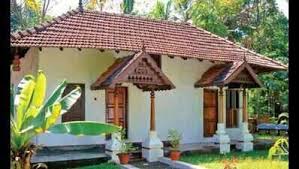
What were the values Kalam inherited from his parents?
Honesty and self-discipline from his father; kindness and faith in goodness from his mother.
How did Kalam earn his first wages?
By helping his cousin Samsuddin distribute newspapers during World War II.
What incident in school made Kalam feel sad?
A new teacher asked him to sit on the back bench because he was Muslim.
How did Ramanadha Sastry react when Kalam was discriminated against?
He felt deeply sad and cried, showing the strength of their friendship.
How did Pakshi Lakshmana Sastry handle the discriminatory teacher?
He strongly condemned the teacher’s actions and asked him to apologize or leave.
Who was Kalam’s science teacher and what was special about him?
Sivasubramania Iyer, who believed in equality and tried to break social barriers.
How did Iyer’s wife react to Kalam’s first visit for dinner?
She refused to serve Kalam food in her kitchen due to religious prejudice.
What happened during Kalam’s second visit to Iyer’s home?
Iyer’s wife served him food with her own hands, showing change in attitude.
What were Kalam’s three childhood friends’ names and backgrounds?
Ramanadha Sastry (priest’s son), Aravindan (arranged pilgrim transport), and Sivaprakasan (catering contractor)—all from Brahmin families.
What kind of religious harmony did Kalam experience in childhood?
He and his Hindu friends never felt religious differences; they lived in harmony.
What cultural activities did Kalam’s family participate in?
They arranged boats for the Shri Sita Rama Kalyanam ceremony and shared religious stories from both the Ramayana and Prophet’s life.
What major event shaped Kalam’s early sense of independence?
The Second World War and earning his own money selling tamarind seeds and helping with newspaper delivery.
What quote did Kalam’s father use to convince his mother to let him study in Ramanathapuram?
“Your children are not your children… They come through you but not from you.” — Khalil Gibran
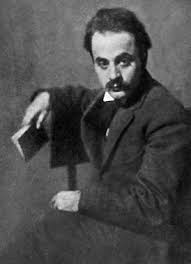
What was Kalam’s father’s response when Kalam asked to leave for higher studies?
He encouraged him, comparing him to a seagull that must fly freely across the sky.
